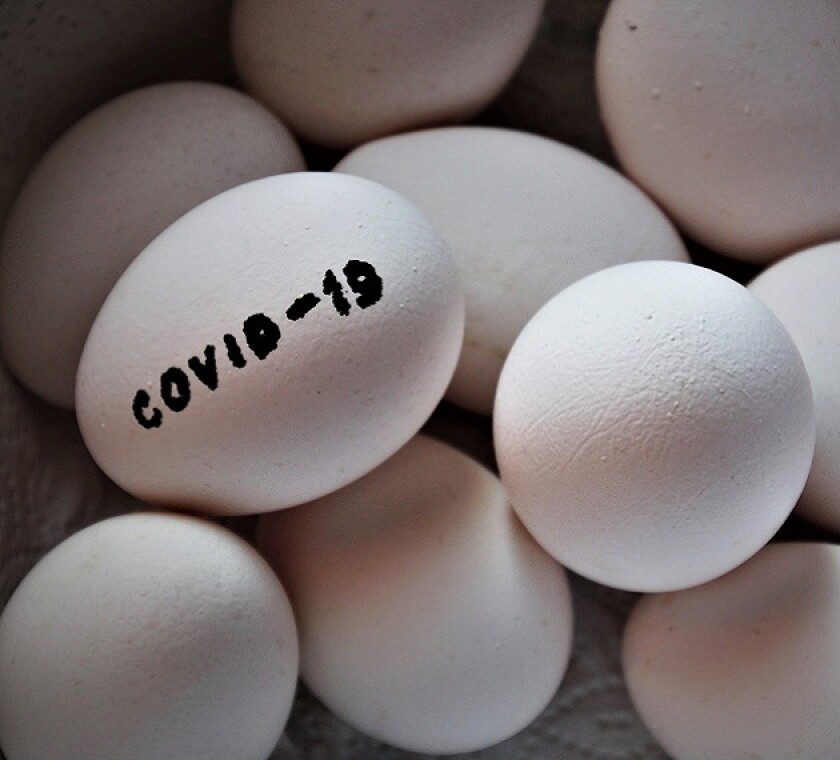The amendment of the Indonesia–Singapore tax treaty
The amendment of the Indonesia–Singapore tax treaty was signed on February 4 2020. The tax treaty is yet to be ratified by the government and enter into force.
The amendment introduces some changes to the tax rate for royalty and branch profit tax, and also regulates certain matters that were not regulated in the previous tax treaty, such as capital gains and tax avoidance.
Below are the salient points of the amended tax treaty:
No. |
Topic |
Current tax treaty |
Amended tax treaty |
1 |
Royalty |
15% |
8% for industrial, scientific, or commercial equipment and experience 10% for other royalties |
2 |
Branch profit tax |
15% |
10% |
3 |
Capital gains |
Not regulated |
It refers to the OECD model. There is a provision regarding indirect transfer of assets. Indonesia has the right to tax the profit from transfer of shares traded on the Indonesian Stock Exchange. |
4 |
Anti-tax avoidance |
Not regulated |
Adopts the multilateral instrument (MLI) by including the purpose of a covered tax agreement. Principal purposes test regarding prevention of tax treaty abuse is also formally included. |
5 |
Exchange of information |
Based on 1977 OECD model |
Based on 2017 OECD model |
6 |
Exception for production sharing contract |
The tax treatment received by a Singaporean taxpayer must not be less favourable than that for any third state (‘most-favoured nation’). |
The ‘most-favoured nation’ requirement is removed. |
Procedures of the tax examination abroad for the exchange of information
On January 27 2020, the Director General of Taxes (DGT) issued a regulation No. PER-02/PJ/2020 regarding the procedures of tax examination abroad for the exchange of information based on international agreements.
Tax examination abroad (TEA) is the presence of a representative of the DGT for the purpose of searching for and/or gathering information carried out by the tax authority of the partner jurisdiction or vice versa based on both parties’ agreement. Thus, the DGT has the authority to carry out reciprocal TEA with partner jurisdictions and this TEA is coordinated by the Director of International Taxation.
The TEA includes overseas TEA and domestic TEA. Overseas TEA is carried out based on a request from the head of the unit within the DGT to the Director of International Taxation. A request is made for a TEA to be conducted on a taxpayer, in which TEA is performed on examination activities, the examination of preliminary evidence, or investigation of tax crime in violation of said taxpayer’s tax obligations. In addition, the request may be submitted if there is significant potential tax revenue.
On the other hand, domestic TEA is carried out based on requests from authorised officials in partner jurisdictions to the DGT’s Director of International Taxation.
COVID-19 creates obstacles for the importation of goods derived from China
The COVID-19 outbreak has been declared by World Health Organisation (WHO) as a global pandemic, and this has subsequently created obstacles to application of the ASEAN-China Free Trade Area (ACFTA) preferential tariff. This is also in part due to the late submission of the certificate of origin (Surat Keterangan Asal/SKA) Form E, which has been caused by the suspension of flights from China and administrative constraints in the process of submission of SKA Form E.
In order to maintain the continuous flow of goods derived from China, the Director General of Customs and Excise (DGCE) together with related ministry/institutions has agreed to grant relaxation for the delivery of original SKA Form E, through the issuance of DGCE Circular Letter No. SE-02BC/2020.
The submission of original SKA Form E is granted leeway by allowing the use of a copy or scan of SKA Form E to claim preferential tariff for SKA issued starting January 30 2020.
There are several requirements to obtain preference tariff for the flexibility to submit original sheet of SKA Form E.
Clarifying the VAT treatment on delivering port services
Based on Government Regulation No. 74/2015, the laws on the delivery of certain port services by a port business entity to a marine transport company that conducts foreign shipping activities has been clarified. The DGT have issued DGT Circular No. SE-4/PJ/2020 (SE-4) to provide confirmation on this matter.
The certain port services that are covered include: 1) vessel services, i.e. anchorage services, pilot services, tug services, and mooring services; and 2) goods services, i.e. container unloading services from when the vessel arrives at the container yard and/or from when the goods leave the container yard to the vessel.
The exemption from imposition of VAT is granted as long as the vessel that is used fulfils the following provisions:
The vessel is operated by a national shipping company or a foreign shipping company that performs foreign shipping activities; and
The vessel does not transport passengers and/or cargo from one port to another port within Indonesian territory.
A vessel that is operated by a foreign shipping company must also fulfil the provision that the state where the foreign shipping company is domiciled grants the same treatment to Indonesian shipping vessels based on the principle of reciprocity.
In the case that the requirements are not fulfilled, the VAT that was exempted must be paid within no longer than one month from the date when the requirements are not fulfilled.
In the event that the VAT that was exempted is not paid within the time period, the Director General of Tax may issue an underpaid tax assessment notice with the addition of penalties in accordance with the tax laws and regulations.
SE-4 also provides case examples that can serve as a reference for taxpayers.
Benjamin P. Simatupang
T: +62 21 2988 0681
Yoan Putra Muda T: +62 21 2988 0681













